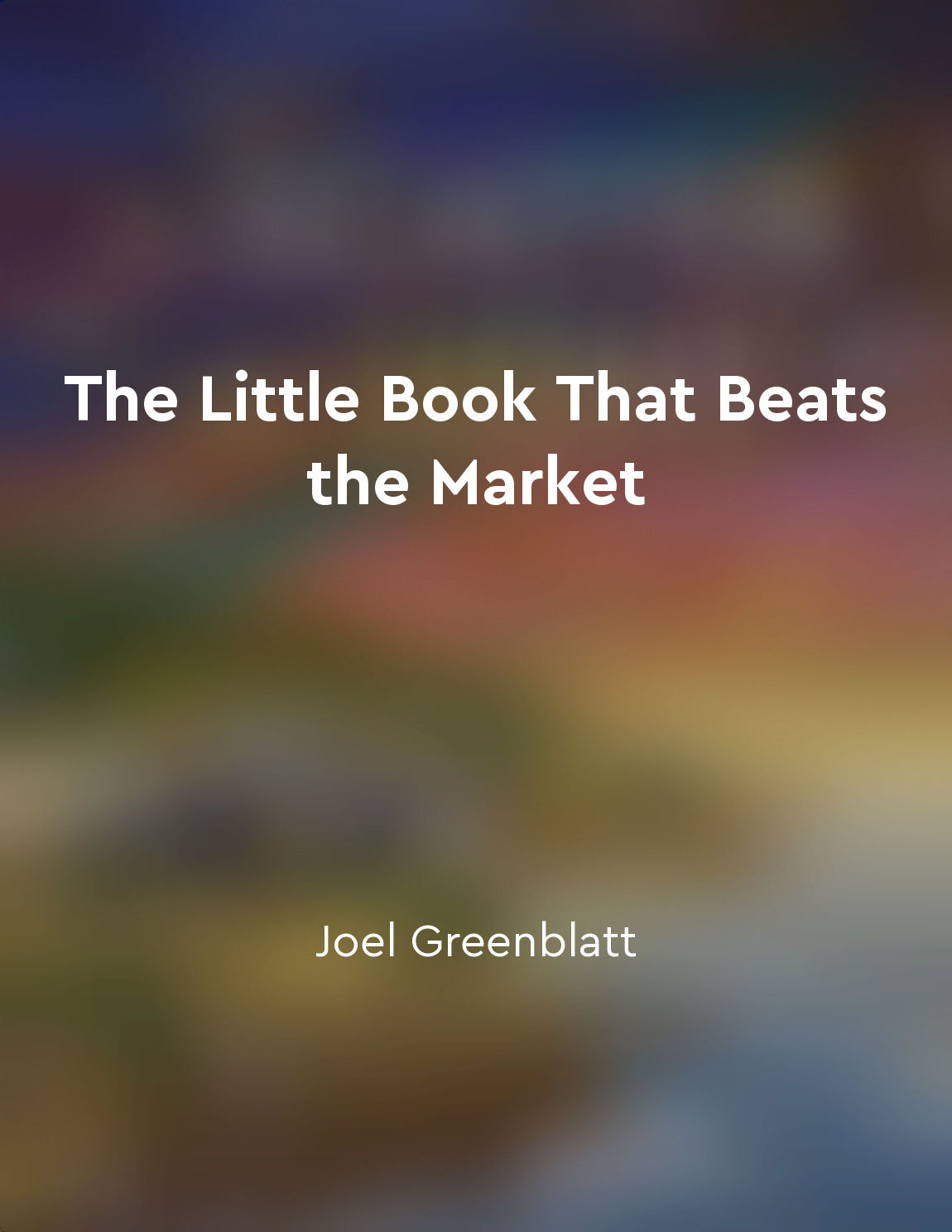Understand mutual funds from "summary" of Let's Talk Mutual Funds by Monika Halan
Mutual funds are a pool of money collected from many investors to invest in stocks, bonds, or other assets. When you invest in a mutual fund, you are buying units or shares of the fund. These funds are managed by professional fund managers who make investment decisions on behalf of the investors. Mutual funds offer an easy way to invest in a diversified portfolio without having to directly buy individual stocks or bonds. Mutual funds are categorized into different types based on the assets they invest in, such as equity funds, debt funds, hybrid funds, and others. Equity funds primarily invest in stocks, debt funds invest in fixed income securities like bonds, and hybrid funds invest in a combination of both stocks and bonds. Each type of mutual fund has its own risk profile and potential returns, so it's important to choose funds that align with your financial goals and risk tolerance. Mutual funds offer several advantages to investors, including diversification, professional management, liquidity, and convenience. Diversification helps reduce risk by spreading investments across different assets, sectors, and companies. Professional fund managers use their expertise to make investment decisions and manage the portfolio effectively. Mutual funds also provide liquidity, allowing investors to buy or sell units on any business day. When investing in mutual funds, it's important to consider factors like fund performance, expense ratio, risk profile, and investment objectives. Fund performance can be evaluated based on historical returns, benchmark comparisons, and consistency over time. The expense ratio reflects the cost of managing the fund and directly impacts your returns. Lower expense ratios are generally preferable as they leave more money in your pocket. Understanding the risk profile of a mutual fund is crucial for making informed investment decisions. Different types of funds carry different levels of risk, and it's important to match the fund's risk profile with your own risk tolerance. Investing in mutual funds requires a long-term perspective and discipline to stay invested through market ups and downs. By understanding mutual funds and their various aspects, you can make informed decisions and build a well-diversified investment portfolio.Similar Posts
Make use of dollarcost averaging
Dollar-cost averaging is a simple and effective strategy that can help you take advantage of market fluctuations without having...
Automate your savings and investments
Automating your savings and investments is a crucial step towards achieving financial security and building wealth. By setting ...
Remember that true wealth is measured by happiness and fulfillment, not just money
True wealth transcends the mere accumulation of material possessions. It is not solely about the amount of money in your bank a...

Don't chase highflying stocks
Trying to chase highflying stocks is a bit like trying to catch a falling knife - it's a risky move that can end up hurting you...
Develop a longterm financial plan
To ensure that you are on the right financial track for the long haul, it is essential to have a well-thought-out long-term fin...

Continuously learn and adapt to changing market conditions
Learning and adapting to changing market conditions is a critical skill that every investor must possess in order to stay ahead...
Avoid emotional decisionmaking in investing
When it comes to investing, emotions can be your worst enemy. Making decisions based on fear or greed can lead to costly mistak...
Seek professional advice when needed
When you're sick, you go to a doctor. When your car breaks down, you go to a mechanic. So when it comes to investing your hard-...
Giving back to others can bring fulfillment and purpose in your life
When you take the time to give back to others, it can have a profound impact on your own life. By helping those in need, you no...

Take control of your financial future by actively managing your money
To truly become rich without cutting up your credit cards, you must take command of your financial future by actively managing ...
